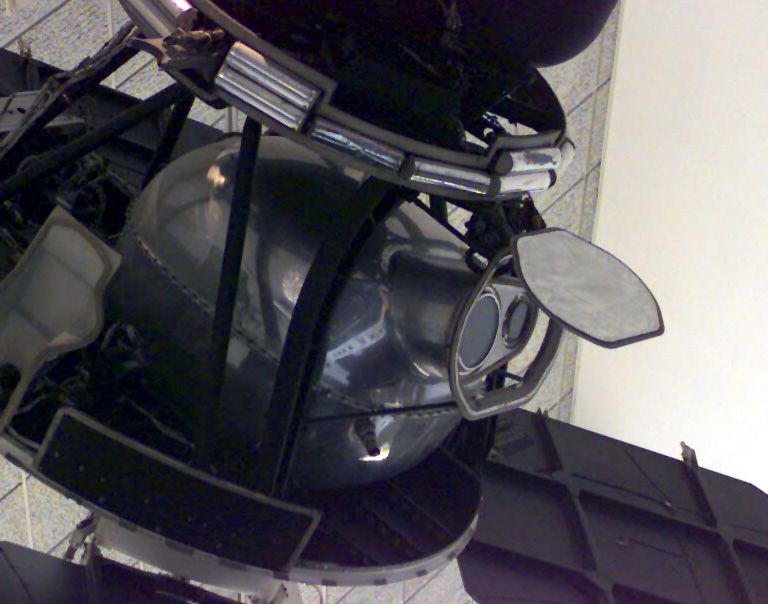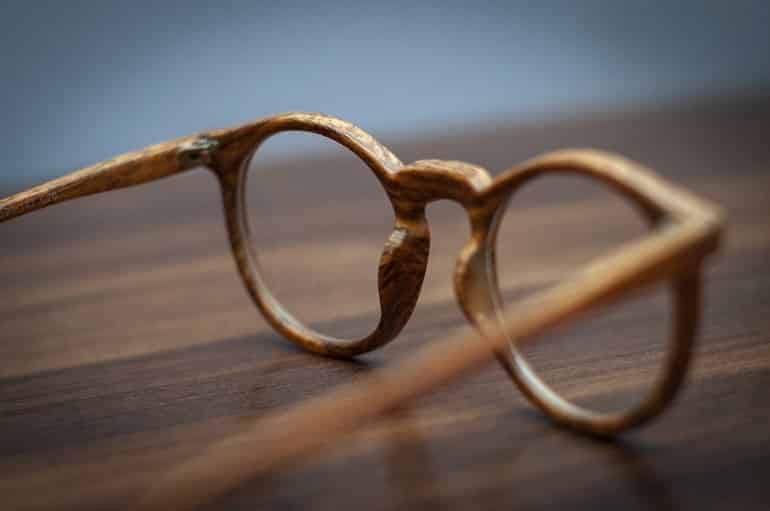Page 6160
Mar 7, 2021
Researchers have invented conductive ink used to print solar panels
Posted by Shailesh Prasad in categories: solar power, sustainability
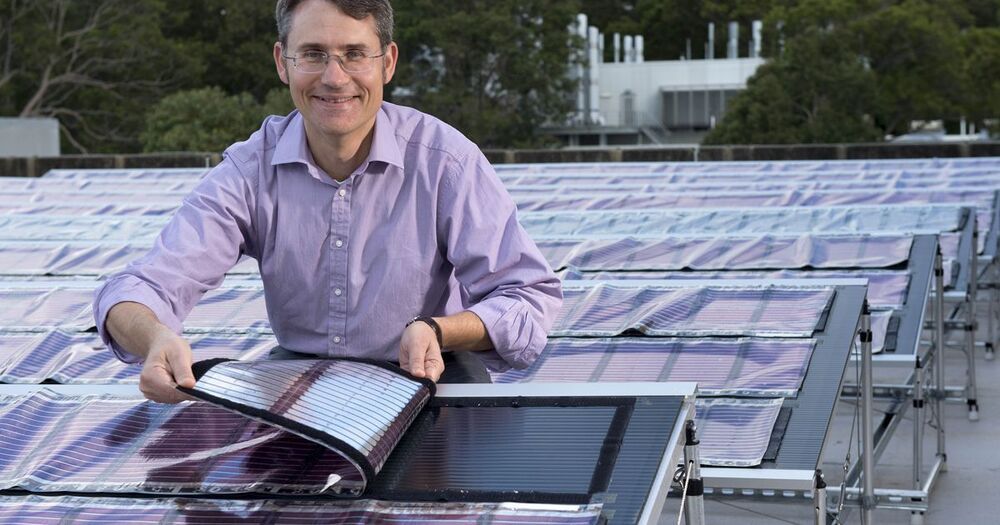
Its inventors hope it can be used by remote communities that have never had electricity before.
Mar 7, 2021
This innovative wind turbine can withstand hurricane-force winds
Posted by Shailesh Prasad in categories: climatology, sustainability
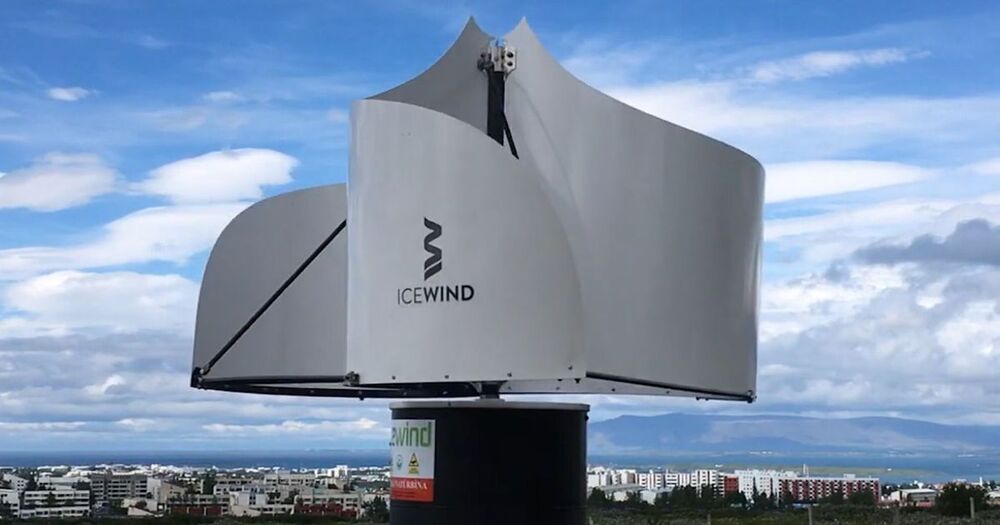
This is much more efficient.
IceWind has redesigned the wind turbine to be more efficient and durable by reimagining the machine’s blades sideways.
Mar 7, 2021
Quantifying Biological Age: Blood Test #1 in 2021
Posted by Mike Lustgarten in categories: biotech/medical, life extension
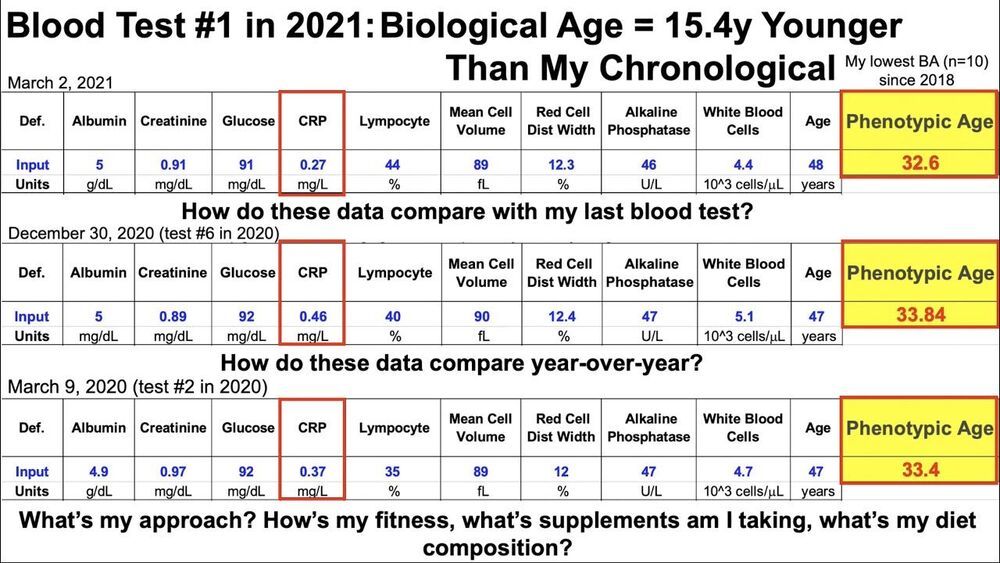
Here’s my latest video!
Results for my first blood test in 2021 are in-what’s my biological age, and how am I optimizing it?
Continue reading “Quantifying Biological Age: Blood Test #1 in 2021” »
Mar 7, 2021
How wearable tech helped elite athletes through the pandemic
Posted by Derick Lee in categories: biotech/medical, wearables
From the English Premier League to the NFL, sport is a multibillion-dollar industry, and top teams are increasingly turning to technology to give them the edge.
Until recently, gathering athletes’ performance data was a laborious process. Coaches and sports scientists would spend hours compiling information from games and training sessions, pulling out the information relevant to their players’ development. But technology-based performance analytics has changed all that.
These days, athletes can wear devices or vests with GPS-tracking capabilities that record the speed and distance they run, as well as the impacts on their body. The information helps coaches develop training plans to avoid athlete fatigue and maximize performance for match days.
Mar 7, 2021
World’s first space HOTEL to begin construction in Earth orbit in 2025
Posted by Alberto Lao in categories: entertainment, health, space

Work is due to start on the world’s first ‘space hotel’ in low Earth orbit in 2025 — and it will come equipped with restaurants, a cinema, spa and…
Developed by the Orbital Assembly Corporation (OAC), the Voyager Station could be operational as early as 2027, with the infrastructure built in orbit around the Earth.
Continue reading “World’s first space HOTEL to begin construction in Earth orbit in 2025” »
Mar 7, 2021
Cameras on 32 Interplanetary Spacecraft
Posted by Alberto Lao in categories: electronics, space travel
Read about the cameras on 32 interstellar spacecraft that have been launched from earth in recent decades.
Mar 7, 2021
Vision Impairment Is Associated With Mortality
Posted by Genevieve Klien in category: life extension
Summary: Meta-analysis reveals those who have visual impairments or are blind have a higher risk of mortality compared to peers with better vision. The study found mortality risk was 29% higher in those with mild visual impairment and rose to 89% higher for those with severe visual impairments.
Source: University of Michigan.
The global population is aging, and so are their eyes. In fact, the number of people with vision impairment and blindness is expected to more than double over the next 30 years.
Mar 7, 2021
In the Race to Hundreds of Qubits, Photons May Have “Quantum Advantage”
Posted by Genevieve Klien in categories: particle physics, quantum physics, supercomputing

Canadian startup Xanadu says their quantum computer is cloud-accessible, Python programmable, and ready to scale.
Quantum computers based on photons may have some advantages over electron-based machines, including operating at room temperature and not temperatures colder than that of deep space. Now, say scientists at quantum computing startup Xanadu, add one more advantage to the photon side of the ledger. Their photonic quantum computer, they say, could scale up to rival or even beat the fastest classical supercomputers—at least at some tasks.
Continue reading “In the Race to Hundreds of Qubits, Photons May Have ‘Quantum Advantage’” »
Mar 7, 2021
Life’s rich pattern: Researchers use sound to shape the future of printing
Posted by Genevieve Klien in categories: biotech/medical, computing, information science

Researchers in the UK have developed a way to coax microscopic particles and droplets into precise patterns by harnessing the power of sound in air. The implications for printing, especially in the fields of medicine and electronics, are far-reaching.
The scientists from the Universities of Bath and Bristol have shown that it’s possible to create precise, pre-determined patterns on surfaces from aerosol droplets or particles, using computer-controlled ultrasound. A paper describing the entirely new technique, called ‘sonolithography’, is published in Advanced Materials Technologies.
Continue reading “Life’s rich pattern: Researchers use sound to shape the future of printing” »


